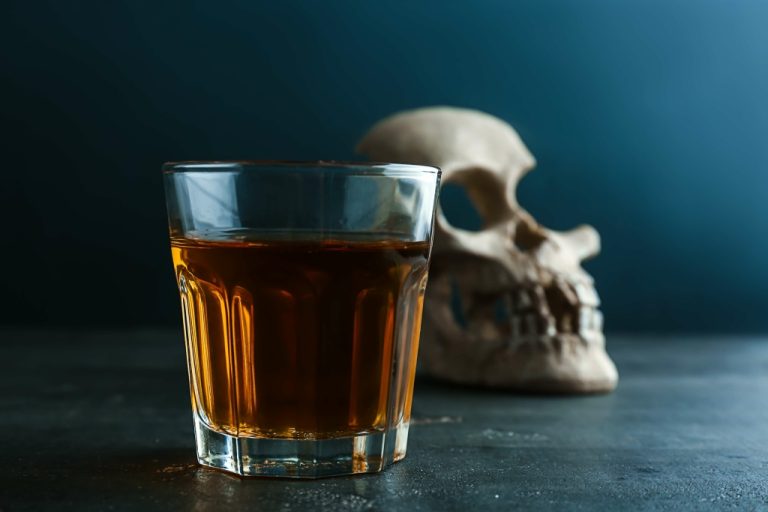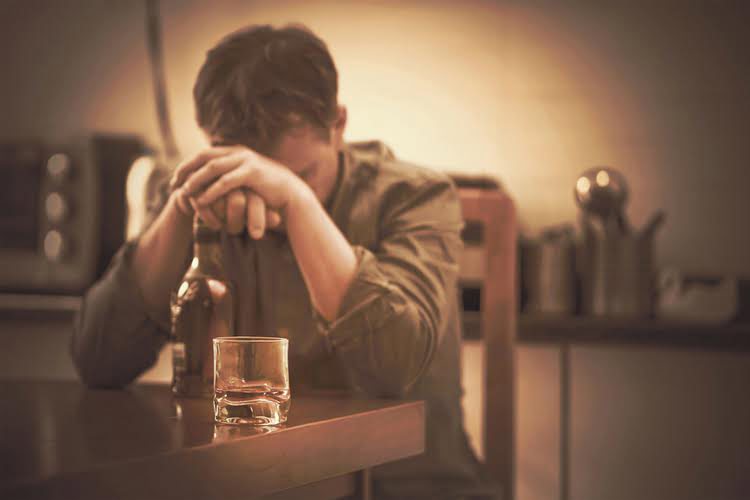Relapse doesn’t happen immediately; rather, it is a gradual process that is different for each person. The process of relapse starts weeks and even months before you consume alcohol or ingest drugs into your system.3 Relapse occurs in three stages that include emotional, mental, and physical. CBT is a form of psychotherapy that helps identify negative thoughts that lead to substance abuse. CBT effectively reduces the risk of relapse and is an integral component of the recovery process.

The cognitive challenge is to acknowledge that recovery is sometimes hard work but addiction is even harder. If addiction were so easy, people wouldn’t want to quit and wouldn’t have to quit. Some researchers divide physical relapse into a “lapse” (the initial drink or drug use) and a “relapse” (a return to uncontrolled using) [8]. Clinical experience has shown that when clients focus too strongly on how much they used during a lapse, they do not fully appreciate the consequences of one drink.
Physical Relapse
Relapse prevention is one of the main goals of drug or alcohol treatment programs. When you become addicted to a substance, your brain functions change, making it challenging to overcome your condition. Clients are encouraged to identify whether they are non-users or denied users. A denied user is in chronic mental relapse and at high-risk for future relapse. Clinical experience has shown that everyone in early recovery is a denied user. The goal is to help individuals move from denied users to non-users.
Additionally, use resources and support systems to help yourself or a loved one who may have AUD. Although there are many resources to help those who struggle with alcohol use disorder, many people don’t get the help they need. Activities can also help you stay busy and form a strong network of support to avoid relapse, such as.
Understanding and Avoiding Triggers
Clinical experience has shown that common causes of relapse in this stage are poor self-care and not going to self-help groups. In the second stage of recovery, the main task is to repair the damage caused by addiction [2]. Clinical experience has shown that this stage usually lasts 2 to 3 years. Clinicians can distinguish mental relapse from occasional thoughts of using by monitoring a client’s behavior longitudinally.

Ben is personally in recovery and has been creating content for drug rehabs for over 10 years. When facing a relapse, it can be helpful to reinvest energy and time into support groups. If you have a sponsor, they should be one of the first people you turn to if you feel like a relapse is a possibility.
The Possibility of a Relapse
But clients and families often begin recovery by hoping that they don’t have to change. They often enter treatment saying, “We want our old life back — without the using.” I try to help clients understand that wishing for their old life back is like wishing for relapse. Rather than seeing the need for change as a negative, they are encouraged to see recovery as an opportunity for change.
- The effectiveness of cognitive therapy in relapse prevention has been confirmed in numerous studies [11].
- Follow these 10 techniques to help you stay on track with your recovery.
- Increasing attendance at mutual self-help group (e.g., Alcoholics or Narcotics Anonymous) meetings and boosting other personal support can exert additional positive effects.
- It’s simply an opportunity to readjust your treatment plan and learn how to better cope with your triggers in the future.
They do not mean the individual will relapse or that they are doing a poor job of recovery. Once a person has experienced addiction, it is impossible to erase the memory. But with good alcohol relapse rate coping skills, a person can learn to let go of thoughts of using quickly. Occasional, brief thoughts of using are normal in early recovery and are different from mental relapse.
Relapse plans can be verbalized but may also be written in order to have a more clear outline of what steps to take should a relapse seem to be a possibility. This part of your relapse prevention plan is where you identify recovery activities that help you cope with warning signs of a relapse. Most treatment teams will recommend that you identify a recovery activity for each warning sign on your list. A relapse prevention plan is created as a joint effort between you and your treatment team while you are still in recovery.
There is one benefit of self-help groups that deserves special attention. They can be obstacles to recovery, because individuals may feel that they have been damaged by their addiction and they don’t deserve recovery or happiness. Clinical experience has shown that self-help groups help individuals overcome their guilt and shame of addiction by seeing that they are not alone. They want to prove that they have control over their addiction and they are not as unhealthy as people think. Joining a self-help group has been shown to significantly increase the chances of long-term recovery.
